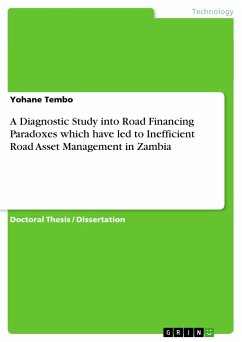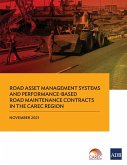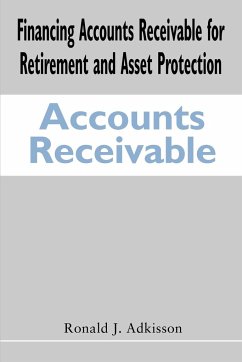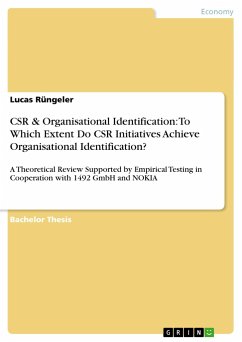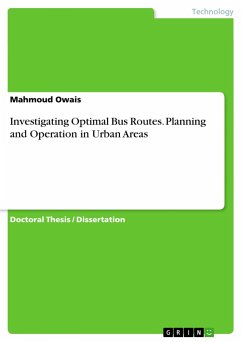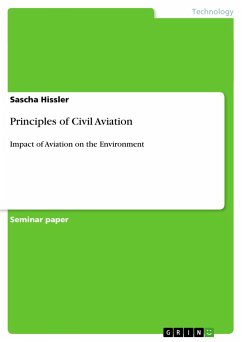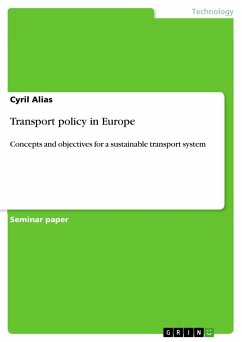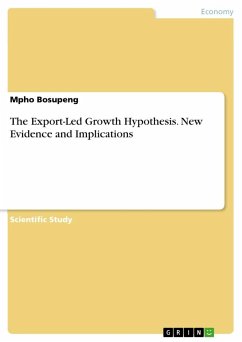Doctoral Thesis / Dissertation from the year 2014 in the subject Transportation Science & Technology, ( Atlantic International University ), course: Transportation Economics, language: English, abstract: Investments in transport infrastructure have massive economic benefits, leading to a vibrant and efficient transport system. In Zambia, where a disproportionate distribution of freight between road and rail exists, with road transport carrying over 85% of freight, the significance of road investments cannot be emphasized. To remain competitive, the country must prioritize sustainable road maintenance on her road network, and ensure that a decent balance is maintained between investments in maintenance and those aimed at new construction.Insufficient budgetary allocation to road maintenance normally results in road deterioration that significantly reduces the utility of the existing roads. This makes it expensive and more difficult to move products and services from producers to consumers or inputs to designated industrial centers. Construction of new roads is deterred due to lack of funds, which entails that many areas which have the potential to trigger economic growth would remain unnecessarily inaccessible for far too long. The alternative is to seek political interference in the budgeting process in order to skew the fiscus towards road construction and development, rather than routine and periodic road maintenance which, purposefully, extend the service life cycle of existing road infrastructure through effective and efficient road asset management. Naturally, maintenance is rarely seen as important and it hardly attracts appropriate funding from the fiscus.For many years, it has been observed that Zambia's road asset has been wasting away at an accelerated rate due to the preference of reactive, rather than preventive, road maintenance strategies. New road construction is believed to have also contributed to the neglect of maintenance. This study, therefore, aims to analyze Zambia's incongruent road financing strategies which have led to inefficient road asset management. Endogenous deficiencies which tend to exhibit themselves in a road network that is grossly in a state of disrepair are exposed and discussed in the context of optimized and sustainable road network and budgetary allocations as a cure going forward. However, the final decision about which policies and strategies should be adopted to address the vexing problem, has been left entirely in the hands of political office holders, in whom the people of Zambia have had to vest their power to legislate and manage the affairs of the country.
Hinweis: Dieser Artikel kann nur an eine deutsche Lieferadresse ausgeliefert werden.
Hinweis: Dieser Artikel kann nur an eine deutsche Lieferadresse ausgeliefert werden.

